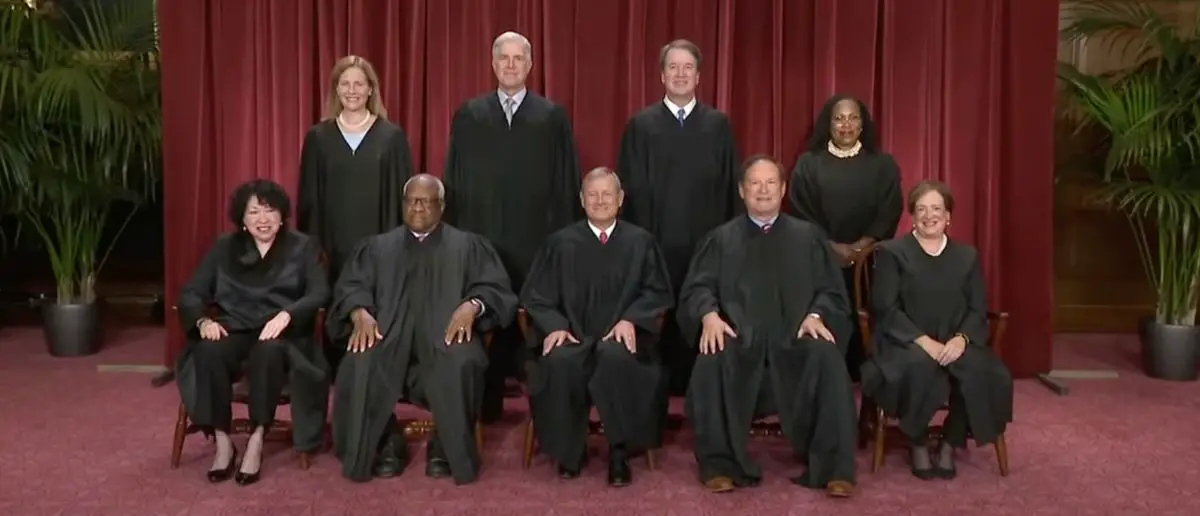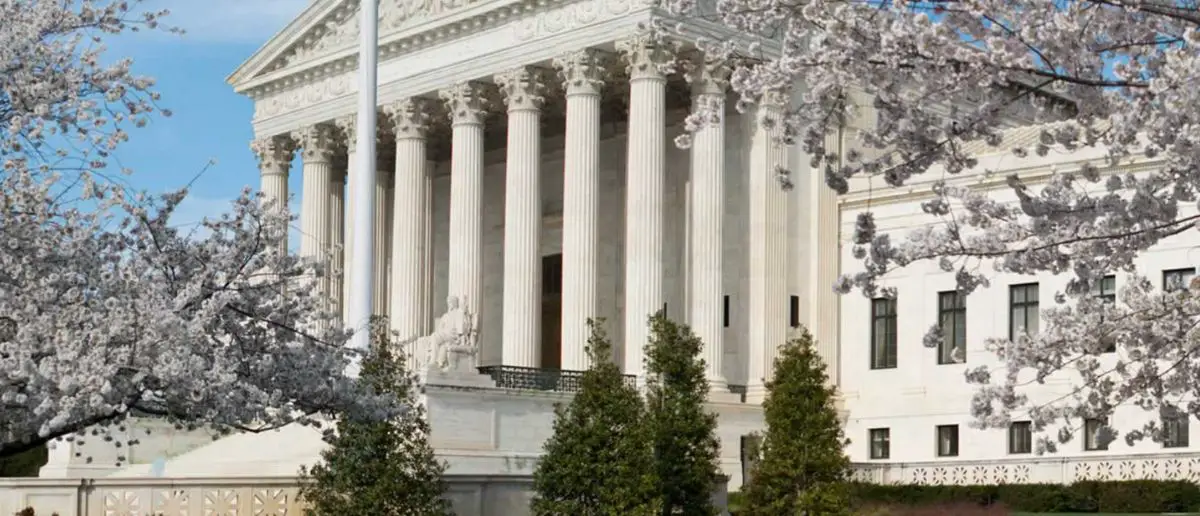
The judicial branch chaos has reached new heights. The constitution is at stake.
Because the U.S. Supreme Court Justices were just put on notice by a rogue judge.
Just recently, in Indiana, a judge had ruled that they had no authority to overrule the legislative efforts of the General Assembly in that state in their ruling upholding an abortion ban. The argument from the courts in Indiana resonated and was quite reasonable, pointing out that the preferences of the court officials should have no impact on the law itself. The purpose of the courts is to just interpret the law. Not rewrite it.
Well, unfortunately, judges and judicial officials who agree with the idea that the courts should only interpret law and not rewrite it are a rare breed these days. Yet another judge has taken matters into his own hands based on his own political preferences, just the latest of gross examples of judicial overreach.
North Dakota Abortion Ban Struck Down as Unconstitutional
A North Dakota district judge has overturned the state’s abortion ban, declaring it unconstitutional in a landmark ruling on Thursday. District Judge Bruce Romanick found the ban to be “unconstitutionally void for vagueness” and asserted that pregnant women in North Dakota have a fundamental right to choose abortion before fetal viability.
The ruling stems from a 2022 lawsuit filed by an abortion clinic and medical practitioners seeking to block the law. Judge Romanick’s decision emphasizes the importance of individual autonomy and medical decision-making.
Key Points of the Ruling
Judge Romanick’s ruling highlighted several crucial aspects. According to Romanick, the abortion ban infringes on a woman’s fundamental right to procreative autonomy. He also suggests the law is not narrowly tailored to promote women’s health or protect unborn human life. Lastly, he argues it impermissibly infringes on the constitutional rights of crime victims.
The judge stated, “The law as currently drafted takes away a woman’s liberty and her right to pursue and obtain safety and happiness”.
Governor Doug Burgum enacted the law in April 2023, which banned abortions in cases of r*pe and inc*st, as well as after the sixth week of pregnancy. The law included an exemption for abortions “deemed necessary based on reasonable medical judgment which was intended to prevent the death or a serious health risk to the pregnant female.”
This decision has significant implications for reproductive rights in North Dakota. Judge Romanick emphasized:
“All North Dakota citizens, including women, have the right to make fundamental, appropriate, and informed medical decisions in consultation with a physician and to receive their chosen medical care among comparable alternatives.”
This ruling in North Dakota is part of a larger national conversation on abortion rights. Recently, an Alaska Superior Court judge ruled against a state law restricting abortion providers. Additionally, states like Missouri and Florida will see proposed abortion amendments on their November ballots, with the Missouri Supreme Court recently ruling in favor of including such an amendment.
Critics Of Judges Overruling Abortion Bans
The critics of these types of rulings say that there’s no constitutional right that women have to get abortions. In fact, that’s specifically why the U.S. Supreme Court ruled the way they did in the Dobbs decision that saw Roe v. Wade effectively overturned.
Cornell’s Law department notes that the Dobbs ruling gave finality that the constitution does not confer a right to abortion at all. Congress can pass a law to do that, or an amendment, but they have not done that.
That’s what makes this particular ruling out of North Dakota so interesting. You have judges in Indiana and North Dakota ruling very differently than each other on laws that are very related. Which begs the question if the U.S. Supreme Court Justices could pick this issue up.
If not immediately, it seems likely the U.S. High Court will have to rule once more on the abortion issue, maybe from the angle of whether or not state legislatures have the right to pass laws that restrict abortions to a particular degree.
Stay tuned to the DC Daily Journal.





